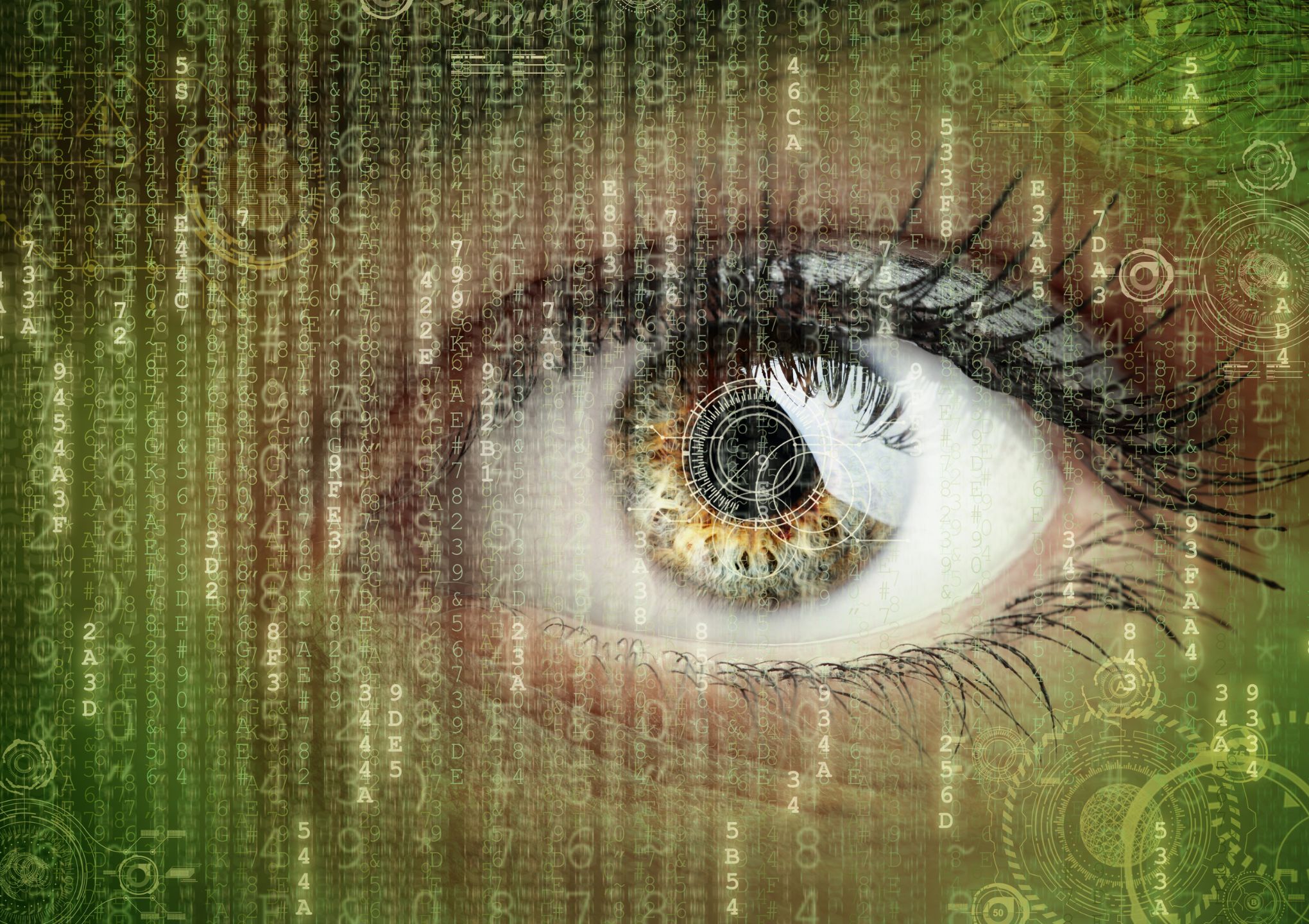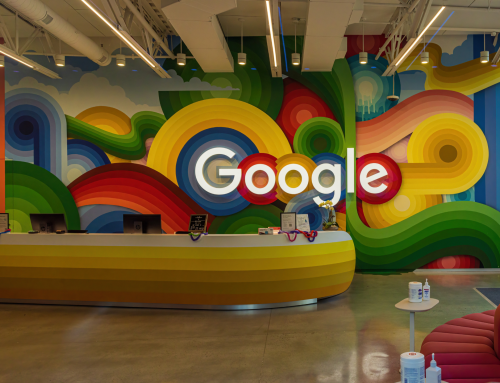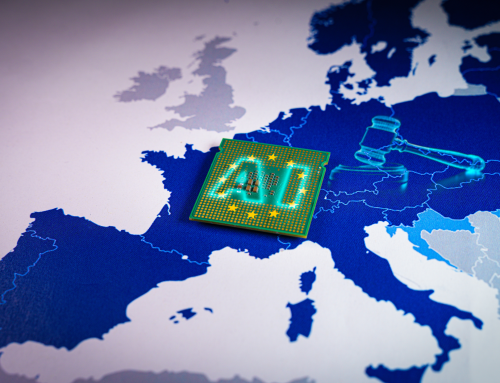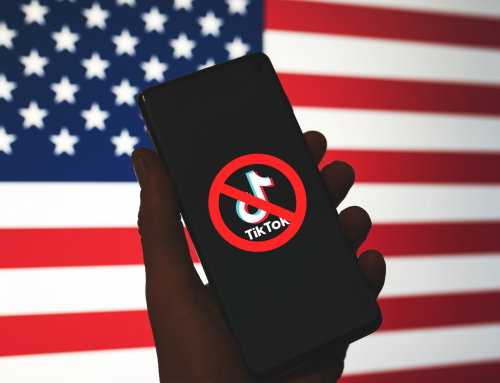The Big Brother Award
Once a year, the Digitalcourage association in Bielefeld awards the “Big Brother Award”. Among this year’s recipients are DHL and Zoom – two providers that many people interact with in their everyday lives. The “Big Brother Award” jury, which was presented tonight in Bielefeld in various categories, is an anti-award: those who receive the award usually do not rejoice.
The Award Ceremony
The Big Brother Award highlights shortcomings and shows threatening developments: Where are new data collections that could be abused? The jury also criticizes the increasing dismantling of actual post offices, which are being replaced by parcel stations.
“DHL” as a Data Offender
According to the jury, the parcel station at DHL is a specific case. There is now a “digital compulsion” for DHL customers, explains Rena Tanges from the Digitalcourage association. When a package is ordered and the delivery person is not met at home, the shipment is increasingly left at a “parcel station.” However, the new generation of parcel stations works differently. There is no longer a display where a PIN could be entered. Instead, it is expected that people have a smartphone and have installed the “Post/DHL” app. Only with this app can the appropriate door be opened at the latest generation of parcel stations. According to the jury, people are “forced” to own a smartphone and use an app that collects data and supplies various tracker companies in the United States with data.
“Zoom” as a Data Offender
Another prominent recipient is the video conferencing system “Zoom” from the eponymous US company. Here, “padeluun,” one of the founders and leaders of the Big Brother Awards, becomes downright angry: “Even where Zoom claims the servers are in Germany, data is transferred to the US – that means Zoom is lying here.” This refers to the fact that when using the widely used video conferencing system, data flows to the United States and, according to concerns, could be intercepted by US intelligence agencies. This does not concern the content of the video conversations, which are transmitted encrypted, but rather the social contacts: who speaks when with whom – this data undoubtedly arises since Zoom requires registration and personal data are provided.
The Alternatives
“Padeluun” criticizes how carefree even ministries and organizations work with Zoom. There are data protection-friendlier alternatives such as “Jitsi” or “BigBlueButton.” Both systems, unlike Zoom, Teams, or Skype, are not in the hands of a corporation and can even be operated independently.
Microsoft and Data Transfer to the US
Microsoft is also being honored with the Big Brother Award in the “Lifetime Achievement” category. For years, the company has ensured that data from EU citizens flows to the United States. Most of Microsoft’s online services require registration and login. And even if data is stored on EU servers, US companies often have to surrender it under court order. This is true – but Microsoft also legally resists such requests.
The Big Brother Award as a Finger in the Wound
The Big Brother Award’s argumentation is very strict and stands in tension between digitization and consumer protection. But in any case, the Big Brother Award puts a finger in the wound and initiates important debates, sensitizing people to a careful handling of their data. It is essential that such awards are given to draw attention to companies’ and organizations’ responsibility in handling data and to sensitize society to data protection issues.







